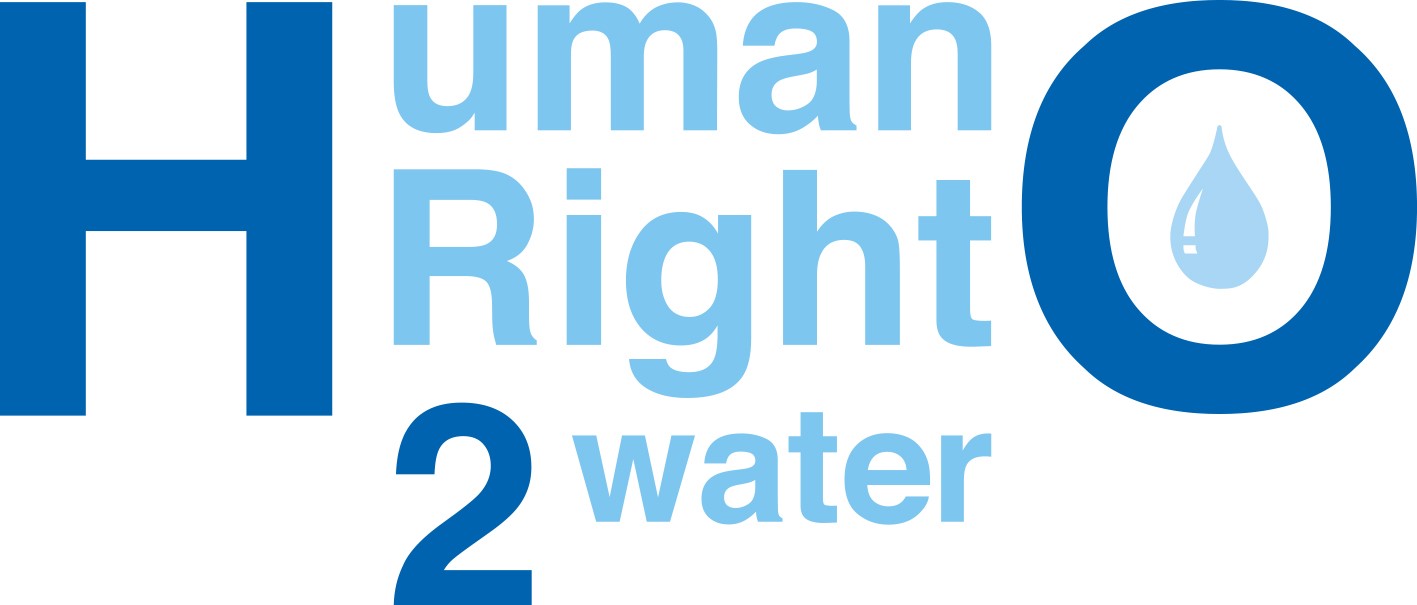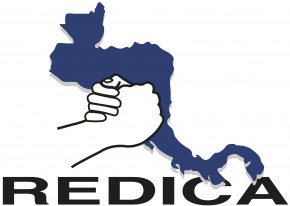A Human Rights Based Approach (HRBA) to Integrated Water Resources Management (IWRM)




This online course brings together two fields that, until recently, have been separate: human rights and IWRM. These two fields have been brought together as awareness has grown within the human rights community that water management is fundamental to the realization of a range of human rights.
Sponsored by a partnership of international development organisations, participating in the course as well as obtaining a certificate has no costs for participants.
What you will learn
About this Course
Water-management practitioners have become increasingly aware of the crucial importance of water in key human rights domains, such as the right to life, the right to health, the right to food and the right to a healthy environment. Water is a resource that is essential to life itself, to all forms of economic production, to many forms of social interaction, to many cultural activities and to the maintenance of ecosystems.
This online course offers participants an introduction to the main principles and concepts for a human rights-based approach to IWRM, as an essential condition to improve access to water and sanitation and achieve the 2030 Sustainable Development Goals.
Participants
Participants representing various stakeholder groups from the entire water sector:
- Stakeholders and professionals forming part of water management, civil society, river basin or international organizations; development programmes and members of UN organizations; and representatives of the private sector;
- decision makers, policy makers, and high-level professionals and managers active in governmental bodies;
- capacity developers active in the fields of sustainable water management, Integrated Water Resources Management, Human Rights Based Approaches, amongst others;
As an introductory course, participants are not expected to have previous knowledge on Human Rights Based Approaches.
Contents and course structure
Contents are structured in modules. In each module participants will find readings, videos, suggested web sites, forum discussions and quizzes.
MODULE 1:
Introduction to water governance and the human right to water and sanitation
MODULE 2:
Introduction to the HRBA, and overview of the Climate Agenda
MODULE 3:
Core Provisions of the Human Rights to Water and Sanitation
MODULE 4:
A Human Rights-Based Approach to IWRM in International Law
MODULE 5:
The Human Right to a Healthy Environment
MODULE 6:
Implementation of the HRBA to IWRM
Course approval criteria and certificate
Responding the quiz at the end of each module and obtaining at least 60% correct responses is a condition to move into the next module, completing the course, and receiving the certificate. There are three opportunities to reach 60% of correct answers, and in all cases the platform will indicate the wrong answers.
Certificate
After completing the 5 modules, participants are invited to answer a short feedback survey of the course. Once this survey is answered, participants may download their certificate. Participation in the course, as well as the download of the certificate, has no costs for the participants.
![]() Language: English.
Language: English.
![]() Structure: 6 modules.
Structure: 6 modules.
![]() Level: Introductory.
Level: Introductory.
![]() Content: readings, videos, forums.
Content: readings, videos, forums.
![]() Time: 25 hours.
Time: 25 hours.
![]() Total time dedication: 5 weeks.
Total time dedication: 5 weeks.
![]() Institutions: Cap-Net, HumanRight2Water, REDICA, UNDP Water Governance Facility at SIWI.
Institutions: Cap-Net, HumanRight2Water, REDICA, UNDP Water Governance Facility at SIWI.
![]() Certification: upon approval of quizzes at the end of each module.
Certification: upon approval of quizzes at the end of each module.
